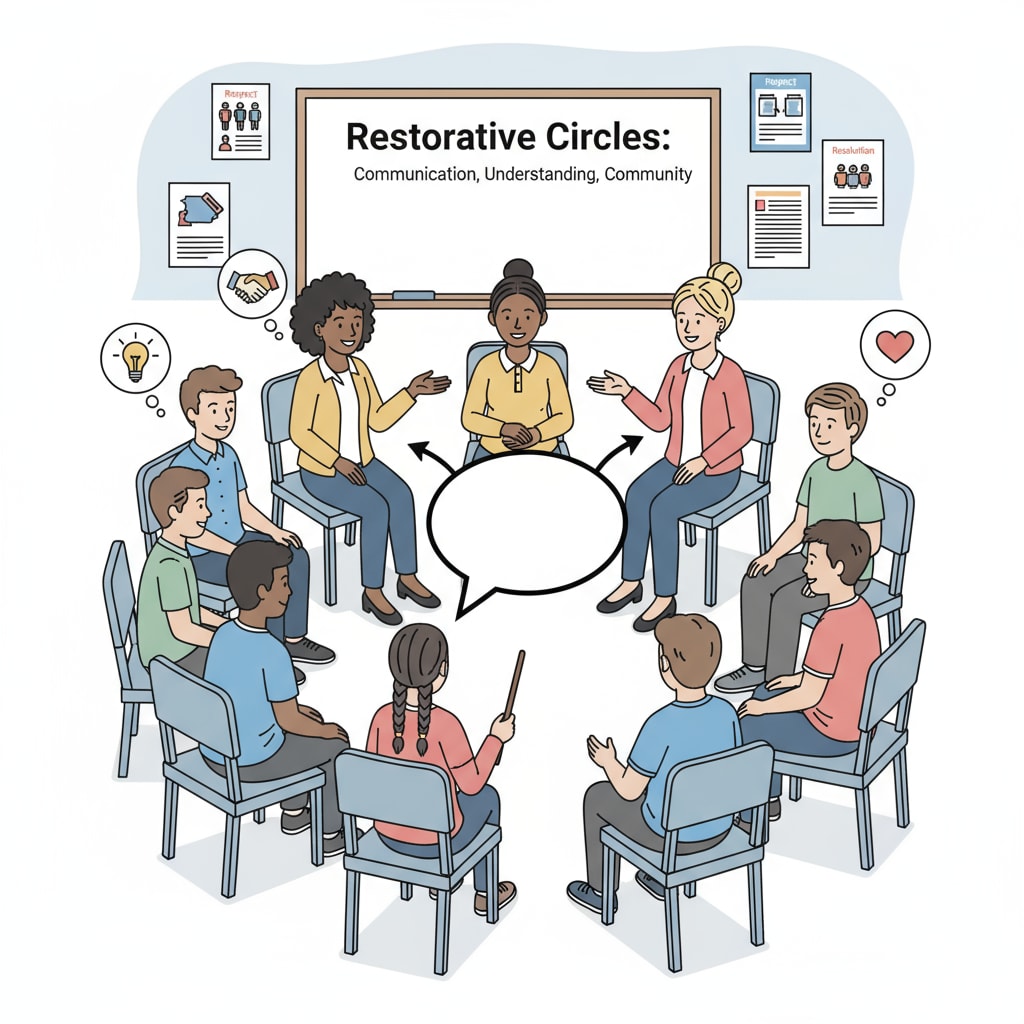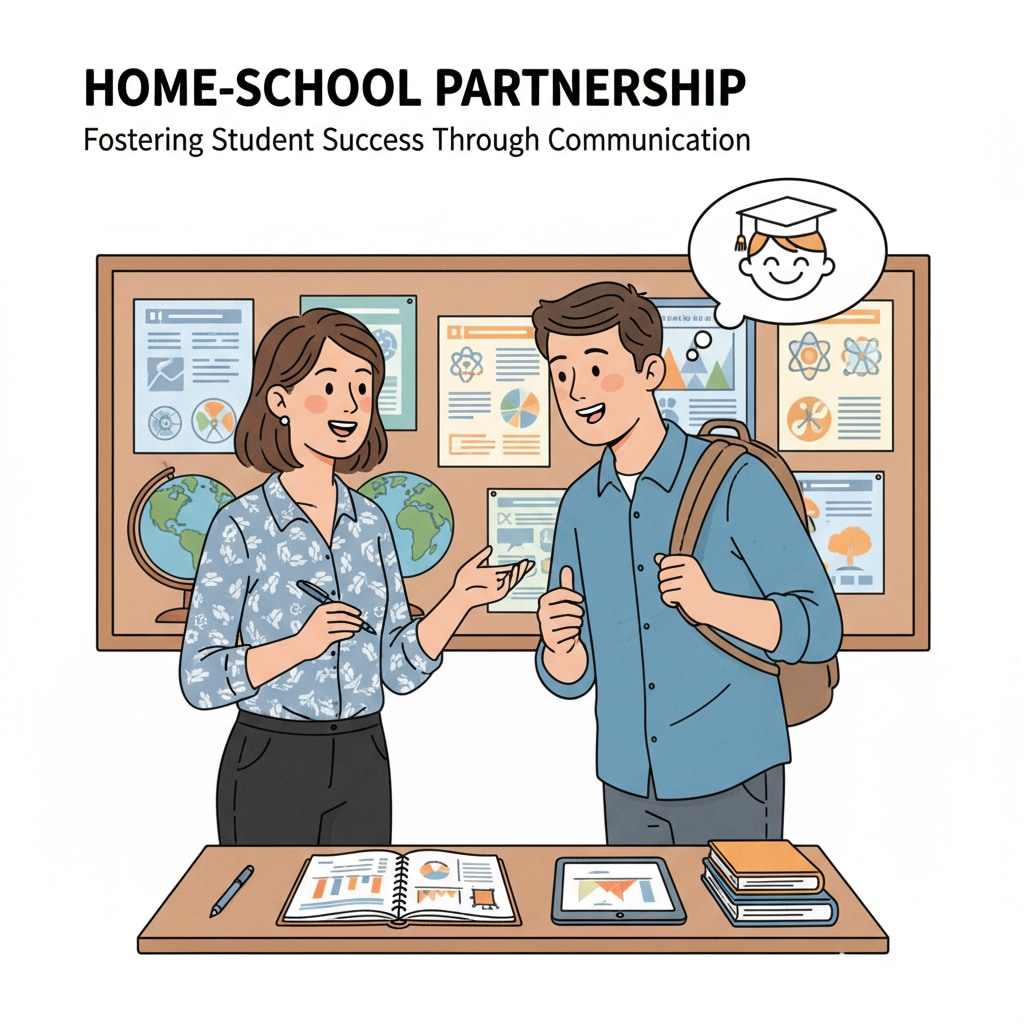In the complex landscape of education, discipline policies, parental demands, restorative practices, and school management are intertwined elements that require delicate navigation. School administrators often find themselves in a tight spot when parental expectations of strict punishment clash with the school’s restorative education philosophy. This article delves into how to maintain equilibrium in this challenging scenario, offering practical strategies for educators.

The Clash of Approaches
Parents typically have high hopes for their children’s behavior in school. Some may advocate for strict disciplinary measures, believing that swift and severe punishment is the key to maintaining order. However, schools are increasingly adopting restorative practices, which focus on healing relationships, understanding the root causes of misbehavior, and promoting growth and learning. This divergence in views poses a significant challenge for school management. For example, a parent might demand that a student who has bullied another be suspended immediately, while the school’s restorative approach would involve mediation sessions and activities to help the bully understand the impact of their actions. Restorative justice on Wikipedia
Respecting Parental Authority
School administrators must respect the authority parents hold over their children’s upbringing. Open communication is crucial in this regard. By engaging in honest and regular conversations with parents, administrators can explain the rationale behind the school’s restorative practices. They can share success stories of how these practices have helped students develop better social skills and a sense of responsibility. For instance, showing how a student who was initially prone to outbursts became more empathetic after participating in restorative circles. This way, parents can gain a better understanding and potentially support the school’s approach. Parenting on Britannica

Upholding Restorative Education Principles
Despite parental demands, schools must firmly uphold the principles of restorative education. This means creating a safe and inclusive environment where students feel valued and supported. Restorative practices such as peer mediation, community circles, and conflict resolution workshops can be integrated into the daily school routine. These activities teach students how to take responsibility for their actions, communicate effectively, and build positive relationships. School management should ensure that all staff are trained in these practices to implement them consistently.
In conclusion, finding the balance between discipline policies, parental demands, restorative practices, and school management is no easy feat. It requires open communication, a commitment to educational principles, and a willingness to adapt. By respecting parental authority while steadfastly upholding restorative education ideals, schools can create an environment where students thrive and learn valuable life skills.
Readability guidance: Short paragraphs and lists are used to summarize key points. Each H2 section has a list when possible. The proportion of passive voice and long sentences is controlled. Transition words like “however”, “therefore”, “in addition”, “for example”, and “as a result” are scattered throughout the text.


